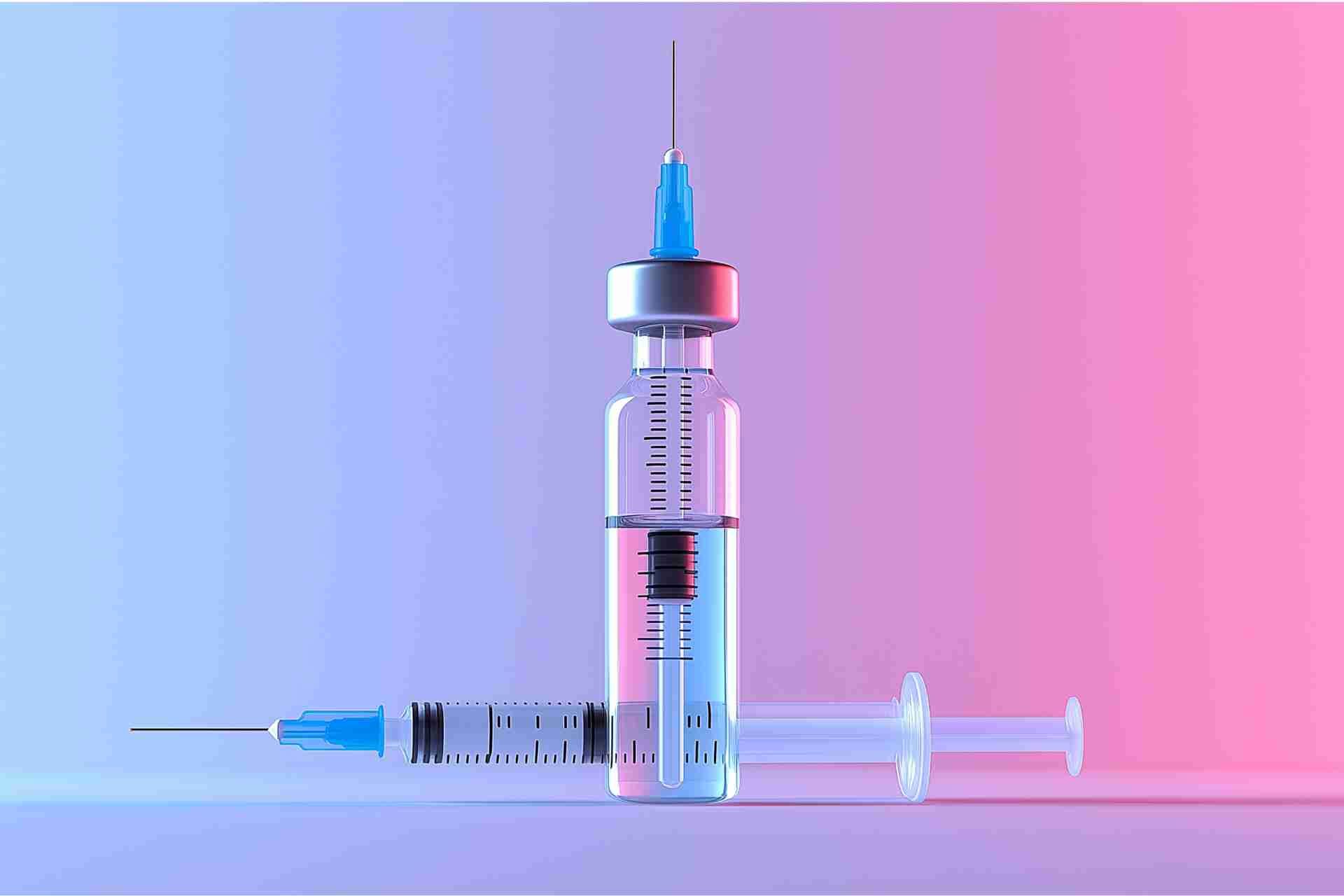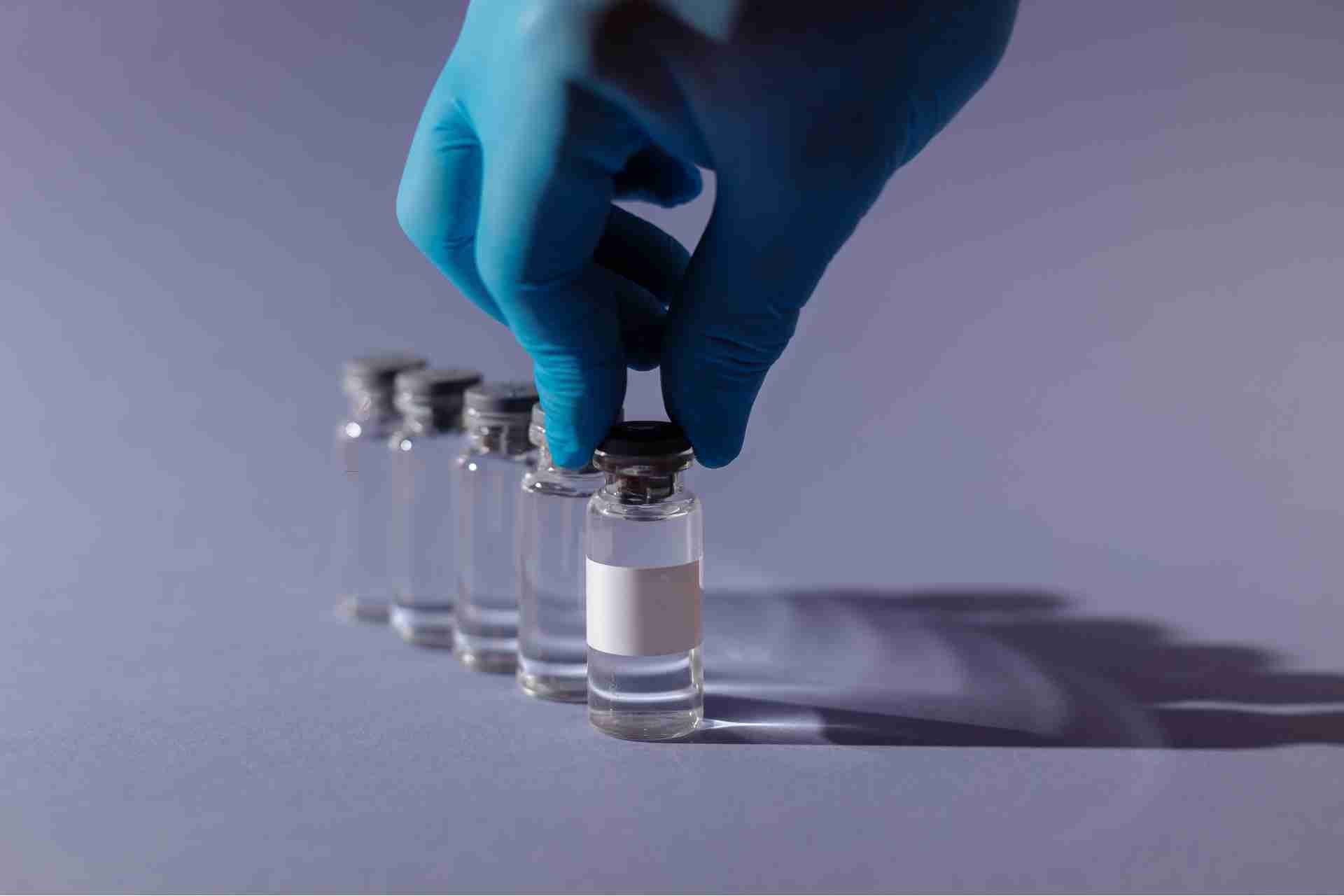Integrating Psychedelic Therapy with Traditional Mental Health Treatments: Synergies and Cautions

Integrating psychedelic therapy with traditional mental health treatments opens up new avenues for healing. You might find the combination fosters deeper self-exploration and emotional breakthroughs that conventional methods sometimes miss. However, it's crucial to recognize the potential risks involved, including unpredictable medication interactions. As you explore this evolving landscape, the balance between innovation and caution becomes increasingly important. What implications could this have for future mental health care?
Understanding Psychedelic Therapy: A Brief Overview
Psychedelic therapy is gaining attention as a promising approach to mental health treatment. This method involves using substances like psilocybin or MDMA in a controlled setting to help you explore your thoughts and emotions.
During therapy sessions, you'll work with trained professionals who guide you through your experience, ensuring safety and support. The goal isn't just to alter your state of consciousness; it's to foster personal insights and emotional breakthroughs.
Many people report profound changes in their mental health, often experiencing relief from anxiety, depression, or trauma. As you consider this therapy, remember that it's not a standalone solution but can complement traditional treatments, creating a more holistic approach to your mental well-being.
The Science Behind Psychedelics and Mental Health
As researchers delve into the effects of psychedelics on mental health, they're uncovering fascinating insights about how these substances interact with the brain.
Psychedelics like psilocybin and LSD primarily affect serotonin receptors, particularly the 5-HT2A receptor, leading to altered perception and enhanced emotional processing. This can help you confront deep-seated traumas and anxieties.
Studies show that psychedelics can promote neuroplasticity, allowing your brain to form new connections and pathways, which is crucial in recovery from mental health disorders.
Additionally, they can induce mystical experiences that foster a sense of connectedness and meaning, further aiding therapeutic outcomes.
Understanding these mechanisms can help you appreciate the potential of psychedelics as a complementary approach in mental health treatment.
Traditional Mental Health Treatments: An Overview
While many people seek alternative therapies, traditional mental health treatments remain foundational in addressing various psychological issues.
These treatments typically include psychotherapy, medication, and behavioral therapies, each tailored to meet individual needs.
Psychotherapy, or talk therapy, helps you explore thoughts and emotions, often through techniques like cognitive-behavioral therapy (CBT) or dialectical behavior therapy (DBT).
Medications like antidepressants or anxiolytics can alleviate symptoms and improve your quality of life.
Additionally, behavioral therapies focus on changing negative patterns and developing coping strategies.
By combining these approaches, mental health professionals aim to provide a comprehensive treatment plan, fostering healing and resilience.
Understanding these traditional methods is essential before considering the integration of emerging therapies like psychedelics.
Potential Benefits of Integrating Psychedelics With Therapy
Integrating psychedelics with traditional therapy can potentially enhance treatment outcomes for individuals struggling with mental health issues.
You might find that psychedelics create a unique window for self-exploration, allowing you to access deeper emotional layers. This combination can foster meaningful breakthroughs, helping you process trauma or anxiety in a more profound way.
Additionally, psychedelics can promote neuroplasticity, encouraging your brain to form new connections and perspectives. This may lead to lasting changes in thought patterns, enhancing the effectiveness of therapeutic techniques.
When combined, these approaches can create a more holistic healing experience, offering you tools to confront and understand your challenges.
Case Studies: Successful Integrations of Psychedelic Therapy
Numerous case studies illustrate the successful integration of psychedelic therapy with traditional mental health treatments.
For instance, one patient with severe depression found significant relief after combining cognitive-behavioral therapy (CBT) with guided psilocybin sessions. This approach allowed you to confront deep-seated emotions while experiencing the therapeutic effects of the psychedelic.
Another case involved a veteran struggling with PTSD, who benefited from integrating MDMA-assisted therapy with conventional talk therapy. This combination helped you process traumatic memories in a supportive environment, leading to reduced symptoms and improved coping strategies.
These examples highlight how blending psychedelics with established therapeutic practices can enhance treatment outcomes, offering new hope for those who've struggled to find relief through traditional methods alone.
Challenges and Risks of Combining Therapies
What challenges arise when combining psychedelic therapy with traditional mental health treatments?
First, there's the risk of unpredictable interactions between psychedelics and medications like SSRIs or benzodiazepines, which can alter their effectiveness.
You may also face stigma from some healthcare providers who aren't familiar with psychedelics, potentially hindering open communication.
Balancing the intensity of psychedelic experiences with conventional therapy can be tricky; not every therapist is equipped to handle such profound emotional shifts.
Additionally, individual responses to psychedelics vary widely, which complicates treatment plans.
Lastly, you'll need to consider the legal status of psychedelics in your area, which might limit access and create further complications in your therapeutic journey.
Awareness of these challenges can help you navigate this integration more effectively.
Ethical Considerations in Psychedelic Therapy
Ethical considerations in psychedelic therapy are crucial as this emerging field continues to gain traction. You need to prioritize informed consent, ensuring patients fully understand the risks and benefits before participating. Transparency about therapeutic processes and potential outcomes is essential for fostering trust.
Additionally, consider the importance of cultural sensitivity; psychedelics have deep roots in various traditions, and appropriating these practices without respect can lead to ethical dilemmas. You should also be aware of the potential for exploitation, particularly in vulnerable populations.
Establishing clear guidelines for therapist qualifications and maintaining professional boundaries are vital to safeguard patients. Finally, ongoing research must address ethical frameworks to ensure responsible practices as psychedelic therapy evolves.
Patient Perspectives: Experiences With Combined Treatments
As patients increasingly explore the integration of psychedelic therapy with traditional mental health treatments, their experiences reveal a complex tapestry of insights and emotions. Many of you report feeling a profound sense of connection during sessions, both to yourselves and your therapists.
This synergy often enhances your understanding of personal struggles, allowing for deeper healing.
However, mixed feelings can arise. Some of you appreciate the breakthroughs but also express concerns about the intensity of psychedelic experiences. Balancing these treatments may lead to uncertainty, especially regarding dosage and timing.
You've shared that open communication with your therapists is key, ensuring that both modalities complement rather than overwhelm.
Regulatory Landscape for Psychedelic Therapy
While the understanding of psychedelic therapy is evolving, the regulatory landscape remains complex and varied across different regions. In some countries, substances like psilocybin and MDMA are classified as Schedule I drugs, making research and therapeutic use challenging.
However, recent movements in places like Canada and certain U.S. states have initiated reforms, allowing for clinical trials and, in some cases, legal therapeutic use. You might find that regulations shift rapidly, reflecting changing societal attitudes toward mental health and psychedelics.
It's essential to stay informed about local laws, as they can significantly impact access to these therapies. Understanding both the potential benefits and legal constraints will help you navigate this emerging field more effectively.
The Future of Mental Health Treatment: A Holistic Approach
With the evolving regulatory landscape paving the way for innovative treatments, the future of mental health care is shifting towards a more holistic approach.
You'll notice that integrating traditional therapies with psychedelic treatments can create a more comprehensive healing experience. This model emphasizes not just symptom relief but also personal growth and self-discovery.
By addressing emotional, psychological, and physical aspects of well-being, you'll find that patients often experience lasting improvements.
It's essential to prioritize collaboration among various healthcare providers to tailor treatments to individual needs.
As you explore these options, remain aware of potential risks and ensure a balanced approach.
Embracing this holistic perspective may lead to transformative breakthroughs in mental health treatment, benefiting countless individuals seeking healing.
Conclusion
Integrating psychedelic therapy with traditional mental health treatments offers a promising path for deeper healing and self-discovery. You can benefit from enhanced emotional breakthroughs and improved neuroplasticity when these approaches are combined. However, it's crucial to remain aware of potential risks and ethical considerations. By prioritizing informed consent and working with trained professionals, you can navigate this evolving landscape safely, ultimately paving the way for a more holistic approach to mental health care that truly meets your needs.










